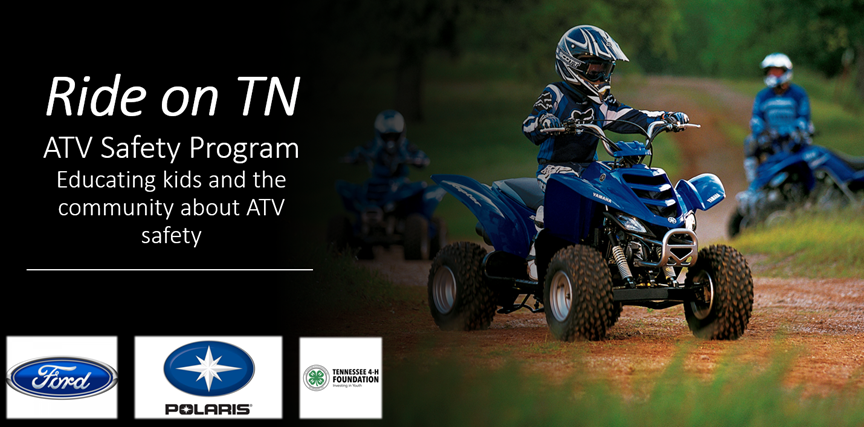All-terrain vehicle (ATV)-related crashes involving children are a growing problem in the United States. According to the US Consumer Product Sasfety commission, on average, more than 700 people die from injuries sustained while riding ATVs each year. Of those deaths, nearly 300 are children.
At Monroe Carell Jr. Children’s Hospital at Vanderbilt, ATV injuries are the fifth leading cause of admission to the trauma service, accounting for 66 hospital admissions in 2021. Most treatments involve head and face injuries, caused by failure to wear a helmet. Other injuries sustained from ATV crashes involve the neck and abdomen, pelvis, and fractures to extremities.
Recent research indicates that children under 16 are more prone to ATV injuries because of they are operating large, motorized vehicles and lack mature judgment. Equally concerning is the fact that kids this age often do not wear safety equipment or receive formal ATV training.
Because ATV injuries are a concern in Tennessee, the Trauma Injury Prevention Program aims to limit the number of deaths and injuries caused by ATV crashes by increasing awareness about best practices for safe riding. Children’s Hospital fully supports the American Academy of Pediatrics’ and the American College of Surgeons’ recommendation that children 16 and under should not ride ATVs due to the high risk of serious injuries. If parents still believe this is an activity their child may pursue, an ATV rider safety course can provide proper training and education.
Tennessee ATV legislation
Managed by the Consumer Product Safety Commission (CPSC), ATV Safety Information Center identifies the following four restrictions as the current legislation on ATV safety in the state of Tennessee.
- Drivers of adult sized ATVs must be 16 years old and licensed drivers.
- Tennessee state law stipulates that all riders under the age of 18 must wear a helmet. On off-road trails, riders over the age of 18 can wear helmets at their own discretion. However, on any public road, such as the ones listed above, every ATV operator and passenger must wear an approved helmet.
- Three-wheeled ATVs are not allowed in state parks
- ATV use on highways is only permitted while crossing the road at designated crossings or when safety can be assured.
